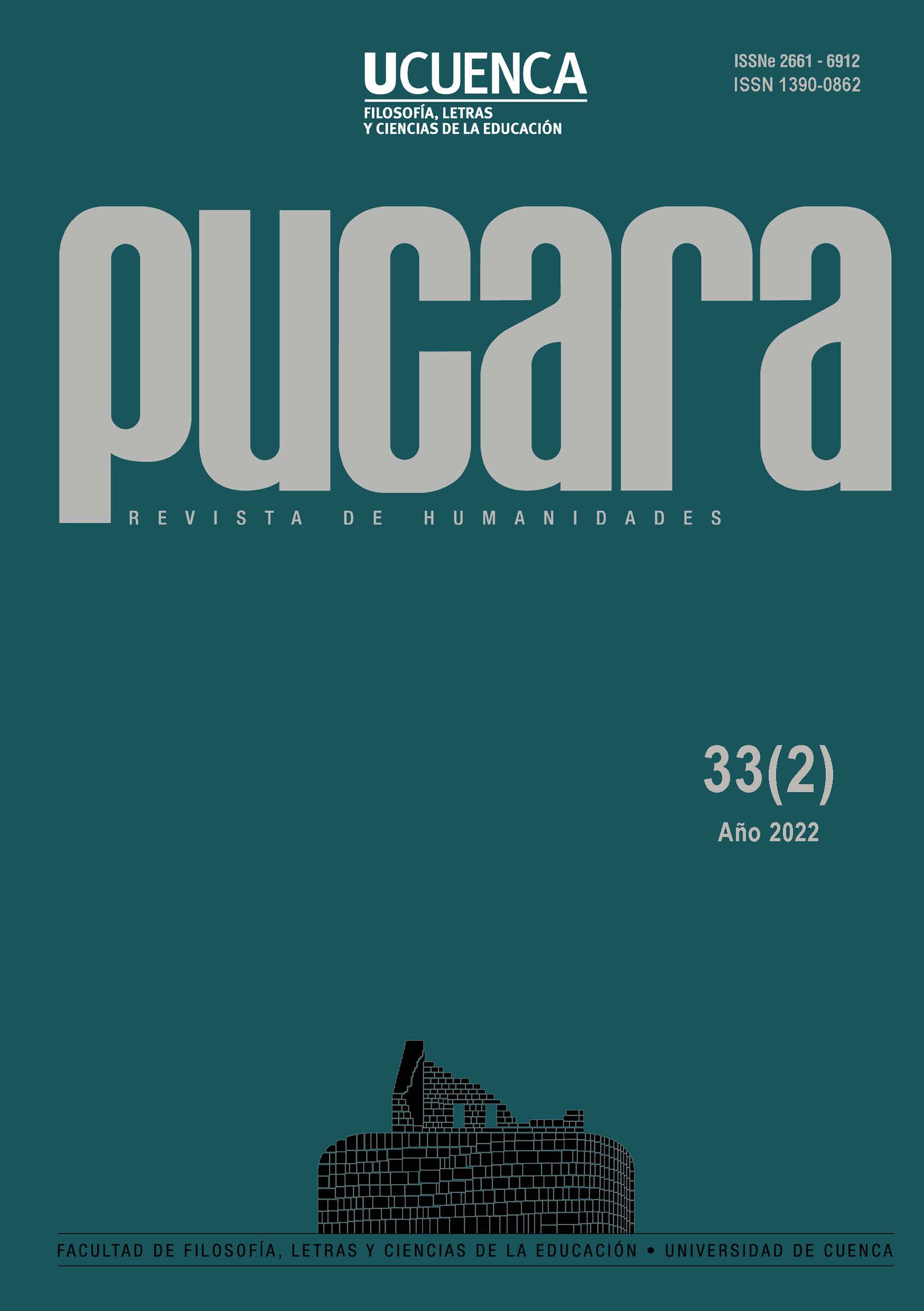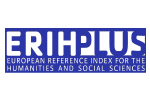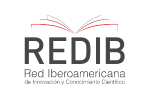Davila Andrade’s essays: magician of abjection and transcendence
DOI:
https://doi.org/10.18537/puc.33.02.05Keywords:
Dávila Andrade, essay, transcendence, body, abjectionAbstract
Dávila Andrade's essays (1984, Obras Completas II) are addressed here as testimonies of his poetic work. They give us keys to understand their literary positions. To demonstrate this, I compare its content with the comments of Dávila Vázquez (1993, 1998, 2007), Vintimilla (2012), and Carrión (2018). The essays speak of Davilian concern for accessing a transcendental state, and of the poet as a magician. At first, parallel to that of his first poetic period, Dávila Andrade was interested in characters that explored the essence of things. This concern, as he advances in his career, moves to a visceral introspection of the self. The body then becomes central in his aesthetics; he understands it as materiality between life and death. Life becomes a paradoxical state, adjective of the finitude of beings, such as the sick and feminine bodies.
Downloads
References
Carrión, C. E. (2018). La palabra perdida de César Dávila Andrade o sobre cómo leer su poesía hermética. En M. Pera (Ed.), César
Dávila: Distante presencia del olvido (pp. 107-125). Casa de la Cultura Ecuatoriana Benjamín Carrión.
Dávila Andrade, C. (1984). Obras completas II. Pontificia Universidad Católica del Ecuador Sede Cuenca y Banco Central del Ecuador.
Dávila Vázquez, J. (1998). César Dávila Andrade: Combate poético y suicidio. Universidad de Cuenca.
Dávila Vázquez, J. (2007). César Dávila Andrade. En J. Dávila Vázquez (Ed.), Historia de las Literaturas del Ecuador (Vol. 6) (pp. 49-94). Universidad Andina Simón Bolívar.
Dávila Vázquez, J. (1993). Estudio introductorio. En C. Dávila Andrade (Aut.), Trece relatos (pp.7-74). Libresa.
Kristeva, J. (2015). Poderes de la perversión. Grupo editorial Siglo XXI. (Obra original publicada em 1980)
Liscano, J. (1967). El solitario de la gran obra. Revista Zona Franca 3(45), 4-17. http://fakirediciones.com/revista-zona-francamayo-1967-homenaje-a-cesar-davila-andrade/
Parrini, L. (3 de mayo de 2017). César Dávila Andrade: Un poeta siemprevivo. Palabra Abierta. Consultado el 13 de noviembre
Sontag, S. (1978). Illness as a Metaphor. Farrar, Straus and Giroux. https://monoskop.org/images/4/4a/Susan_Sontag_Illness_As_Metaphor_1978.pdf
Vintimilla, M. A. (2012). César Dávila Andrade: el resplandor del abismo. Revista Pucara, 24, pp. 213-248
Published
How to Cite
Issue
Section
License
Copyright (c) 2022 Alejandra Vela Hidalgo

This work is licensed under a Creative Commons Attribution-NonCommercial-ShareAlike 4.0 International License.
Copyright © Autors.

You are free to:
 |
Share — copy and redistribute the material in any medium or format |
 |
Adapt — remix, transform, and build upon the material for any purpose, even commercially. |
Under the following conditions:
 |
Attribution — You must give appropriate credit, provide a link to the licence, and indicate if changes were made. You may do so in any reasonable manner, but not in any way that suggests the licenser endorses you or your use. |
| NonCommercial — You may not use the material for commercial purposes. | |
| ShareAlike — If you remix, transform, or build upon the material, you must distribute your contributions under the same license as the original. |
| No additional restrictions — You may not apply legal terms or technological measures that legally restrict others from doing anything the licence permits. |












